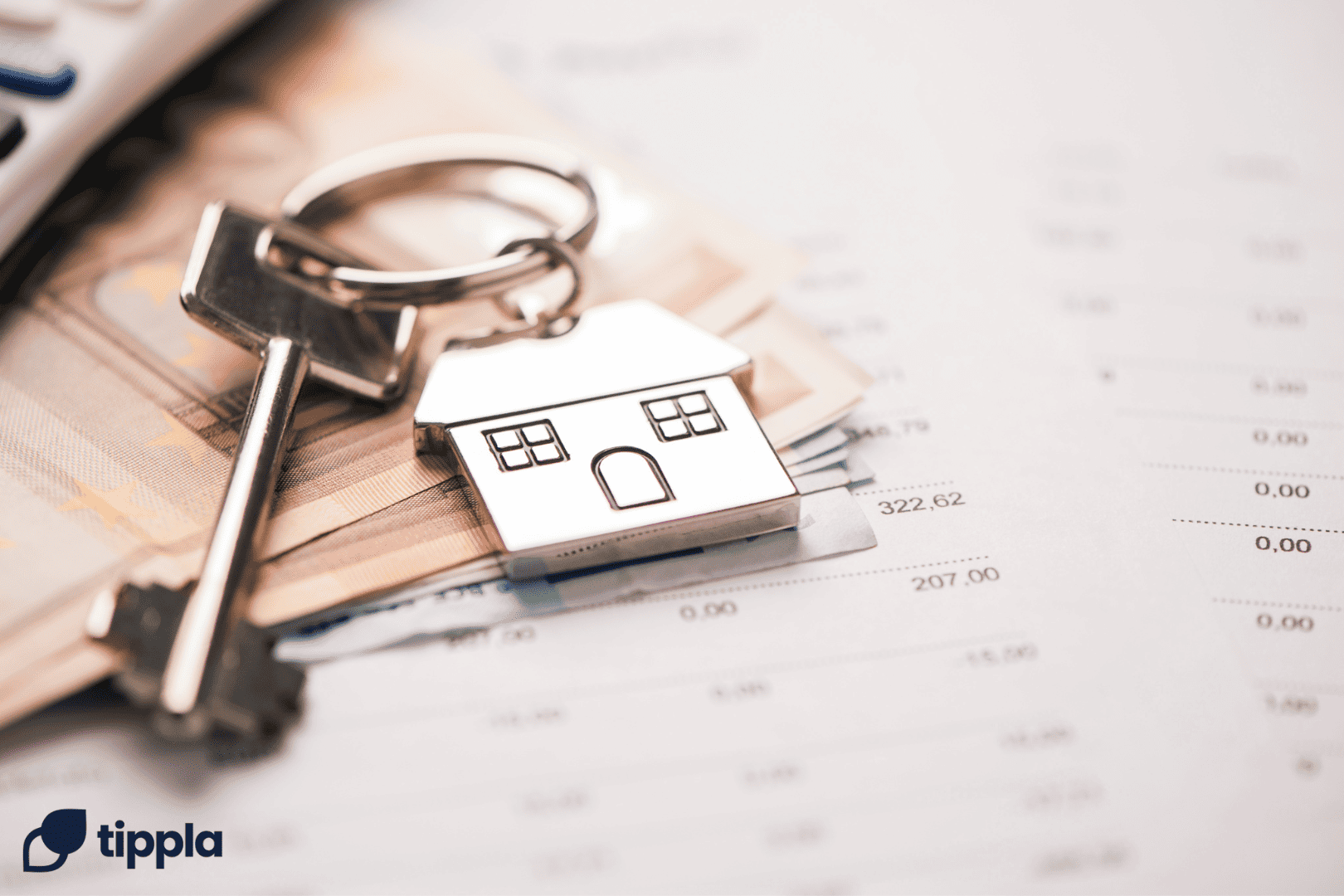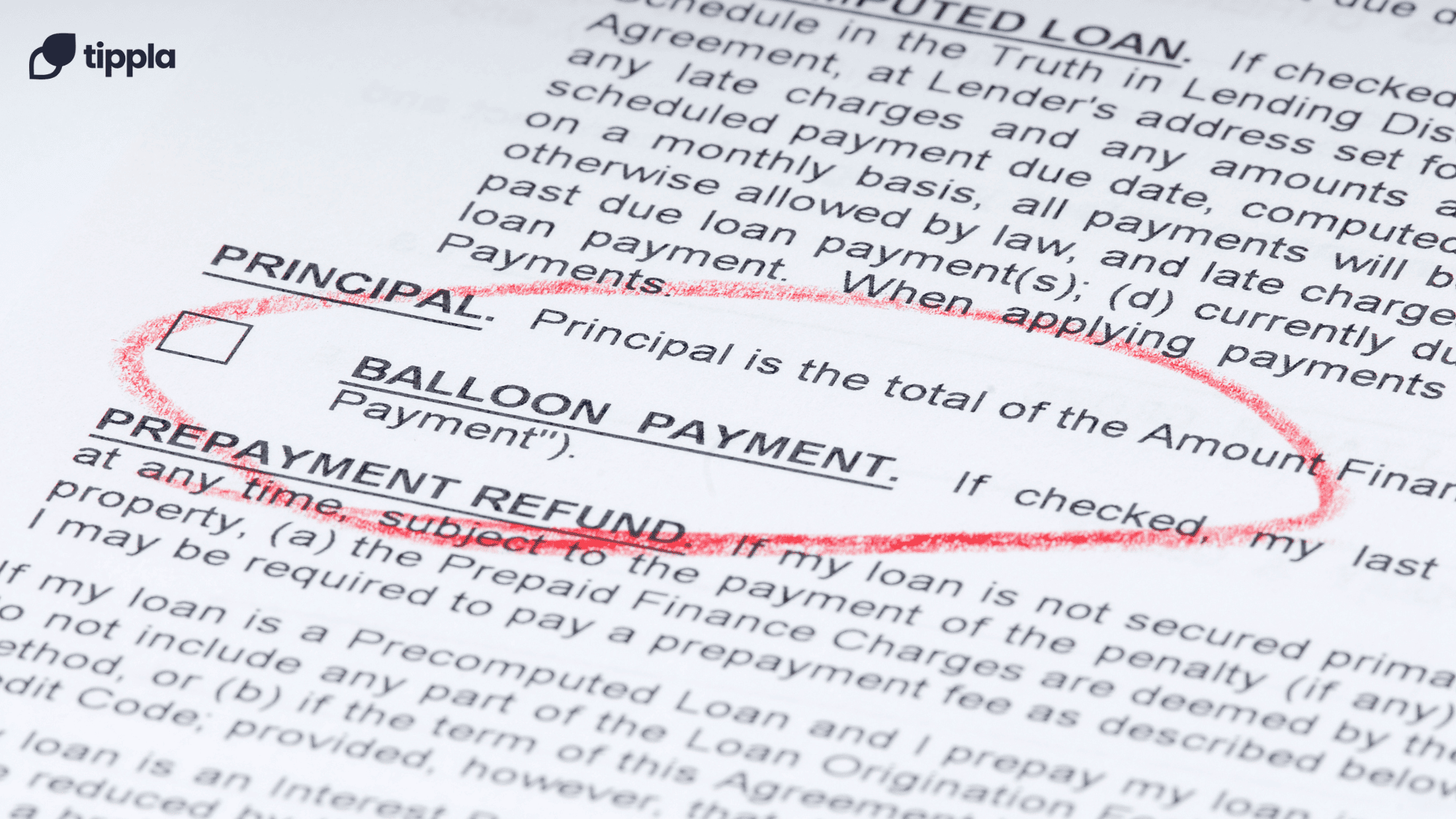Published in April 15, 2024
The Australian Guide to Saving on Utilities

Australians are feeling the pinch of rising energy costs, impacting household budgets and business operations alike. Fortunately, there are steps you can take to reduce your utility bills and take control of your finances. This guide will explore practical strategies to help Australian households and businesses curb their energy consumption and save money.
Understanding Your Utility Bills
Understanding your utility bill is the first step to managing your energy consumption and costs. Here’s a breakdown of what you can typically find on your electricity, gas and water bills in Australia:
Breakdown of charges: Your bill will be comprised of several components, including energy consumption charges, meter charges, network charges, taxes and any applicable discounts.
Understanding each component helps you identify areas to potentially reduce costs. For instance, some retailers may offer discounts for paying your bill on time or for switching to paperless billing.
Reading your meter: Knowing how to read your meter allows you to track your usage and identify any unusual spikes that may indicate leaks or inefficiencies. Australian meters can vary depending on your location and retailer, but they typically display current and total usage in kilowatt-hours (kWh) for electricity and cubic metres (m³) for gas and water. Refer to your retailer’s website or contact them for specific instructions on how to read your meter.
Saving on Electricity
With rising electricity costs, Australians are looking for ways to cut down on their bills. Here are some strategies to consider:
Energy Efficiency
- Simple changes in how you use appliances can make a big difference. Turn off lights and electronics when not in use, unplug chargers and appliances on standby, and run washing machines and dishwashers only with full loads.
- Consider investing in energy-efficient models when replacing old appliances. Look for the government’s green tick rating to help you choose.
Solar Power
- Australia boasts abundant sunshine, making solar power a viable option for many households. Solar panels can significantly reduce your reliance on the grid and potentially generate electricity back into the grid for credits on your bill.
Smart Home Devices
- Installing a smart meter allows you to monitor your real-time energy use and identify areas for improvement. Many providers offer smart meters at no additional cost.
- Smart thermostats, light switches, and power strips can automate energy use and reduce wastage.
Electricity Providers
- Shop around and compare electricity providers to find the best plan for your needs. Consider factors like usage rates, discounts, and fees.
Reducing Gas Consumption
Curbing your gas usage can lead to significant savings on your utility bills. Here are some practical ways to get started:
Heating Efficiency
- Heat only the rooms you’re using by closing doors and using draught excluders around windows and doors. Consider using a reverse-cycle air conditioner for efficient heating and cooling.
- Insulate your roof, walls, and floor to prevent heat from escaping and keep your home comfortable year-round. Insulation rebates and incentives may be available from your state government.
Cooking and Hot Water
- Use the right size pot for your burner to avoid wasting gas.
- Keep lids on pots and kettles while cooking to retain heat and cook food faster.
- Opt for shorter showers over baths to reduce hot water usage. Consider installing a low-flow showerhead for additional savings.
- Explore solar hot water systems to harness renewable energy to heat your water.
Gas Providers
- Research different gas providers and plans to find one that best suits your consumption habits. Look for plans with competitive rates and discounts for online bill payments or paperless billing.
Water Savings Techniques
Water is a precious resource in Australia, and with increasing pressure on our water supplies, it’s important to be mindful of our consumption. Here are some strategies to help you conserve water in your household:
Water-Saving Devices
- Install water-efficient showerheads, tap aerators, and toilets in your home. These simple devices can significantly reduce water usage without compromising performance. Government and water retailers can offer many rebates and incentives to help with the upfront costs.
- Harvest rainwater from your roof to use for watering gardens, flushing toilets, and washing cars. This can significantly reduce your reliance on mains water, especially during dry periods.
Gardening and Landscaping
- Choose native plants adapted to the local climate and require less watering.
- Apply mulch around your plants to retain moisture in the soil and reduce evaporation.
- Water your garden deeply and infrequently, preferably early in the morning or evening to minimise evaporation. Avoid watering on windy days or during heavy rain.
Fixing Leaks
- Even a small leak can waste a significant amount of water over time. Regularly inspect your taps, toilets, and pipes for leaks and repair them promptly. You can listen for unusual dripping sounds or check your water meter for unexpected changes in usage.
Government Rebates and Assistance Programs
The Australian Government collaborates with state and territory governments to provide targeted relief on electricity bills for eligible households and small businesses. These initiatives aim to alleviate financial burdens for those struggling with utility costs.
State-specific programs, such as the Energy Bill Relief Fund in Victoria, offer assistance to households facing difficulties with their energy bills. These programs may include grants or subsidies to help manage energy expenses.
The National Energy Bill Relief program, a joint effort between the Australian and NSW Governments, provides aid to eligible households in New South Wales. This program specifically targets low-income households to ensure they receive the necessary support.
Eligibility and Application Process
Individuals seeking assistance typically need to meet certain criteria, which often include considerations such as income levels, employment status, and residential circumstances. These criteria help ensure that assistance reaches those who need it most.
Applying for these programs usually involves filling out forms provided by relevant government departments or agencies. These forms gather the necessary information to assess eligibility and facilitate the distribution of assistance.
In addition to state-specific initiatives, federal safety net programs may further assist low-income families struggling with utility bills. These programs aim to ensure that vulnerable individuals and families have access to essential services.
Best Practices to Reduce Utility Costs
Making small changes to your daily routines can significantly reduce your utility bills. Here are some tips for Australian households:
Daily Habits
- Power down electronics: Turn off lights, TVs, computers, and appliances when not in use. Power points with switches or smart plugs can make this easier.
- Switch to LED bulbs: Swap out traditional incandescent bulbs for energy-efficient LEDs throughout your home.
- Wash clothes in cold water: Most laundry detergents work well in cold water, so adjust your washing machine settings.
- Air dry clothes: Skip the dryer whenever possible and take advantage of the Australian sunshine to air dry clothes on a line.
Family Involvement
- Educate everyone: Talk to your family about the importance of conserving energy and how their actions can contribute.
- Set challenges: Make saving energy a fun competition. Challenge family members to see who can turn off lights the most or shorten their shower times.
- Reward good habits: Offer small rewards for following energy-saving practices to keep everyone motivated.
Long-Term Investments for Utility Savings
While behavioural changes can help reduce utility bills, there are also long-term investments that can significantly improve your home’s energy efficiency:
Home Improvements
- Insulation: Upgrading your roof and wall insulation can significantly reduce heating and cooling costs.
- Double-glazing windows: Installing double-glazed windows reduces heat transfer from inside during summer and allows warmth to escape in winter.
Renewable Energy
- Solar panels: Solar power systems can generate clean electricity, reducing your reliance on the grid and potentially creating credits you can sell back to power companies. The upfront cost can be significant, but government rebates and long-term energy savings can make them a worthwhile investment.
- Solar hot water systems: These systems use solar energy to heat water, reducing your reliance on electric or gas water heaters.
Financial Assistance
- Household Energy Upgrades Fund: The Australian Clean Energy Finance Corporation (CEFC) offers a Household Energy Upgrades Fund (HEUF) that provides discounted consumer finance to upgrade homes to be more sustainable. This program helps Australians improve their homes’ energy efficiency by making it easier to afford upgrades like solar panels and double glazing.
Tools and Resources
There are several government and independent comparison websites available to help you compare electricity and gas providers in Australia. Here are a few options:
- Energy Made Easy: This is a free service that allows you to compare energy plans from a range of retailers in NSW, QLD, SA, TAS, and the ACT.
- Victorian Energy Compare: This website is specific to Victoria and requires a recent energy bill or smart meter data file for the most accurate comparison.
For a wider range of options, you can also consider these commercial comparison websites:
- Compare Energy Plans
- Canstar Blue – Compare Electricity Plans & Prices
These commercial sites may include plans from more providers than the government options but it’s always best to compare across multiple sources to ensure you’re getting the best deal.
By implementing the strategies outlined in this guide, Australians can take control of their energy consumption and reduce their utility bills. From behavioural changes and smart appliance usage to embracing renewable energy solutions and government assistance programs, significant opportunities exist to save money and lessen your environmental impact. Remember to compare plans and prices across providers and retailers to find the best deals, and don’t hesitate to seek assistance if needed.
While we at Tippla will always do our best to provide you with the information you need to financially thrive, it’s important to note that we’re not debt counsellors, nor do we provide financial advice. Be sure to speak to your financial services professional before making any decisions.
Subscribe to our newsletter
Stay up to date with Tippla's financial blog



